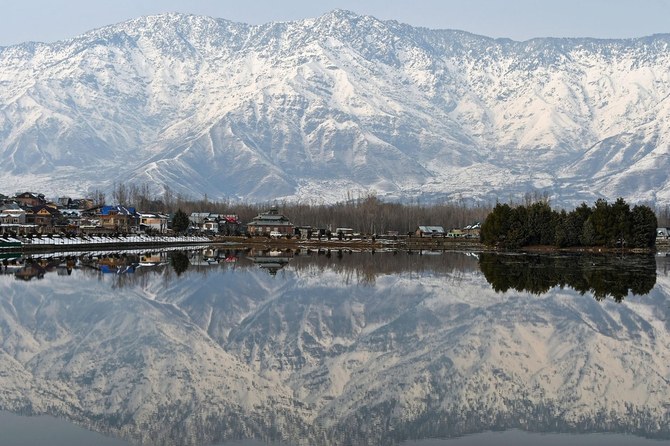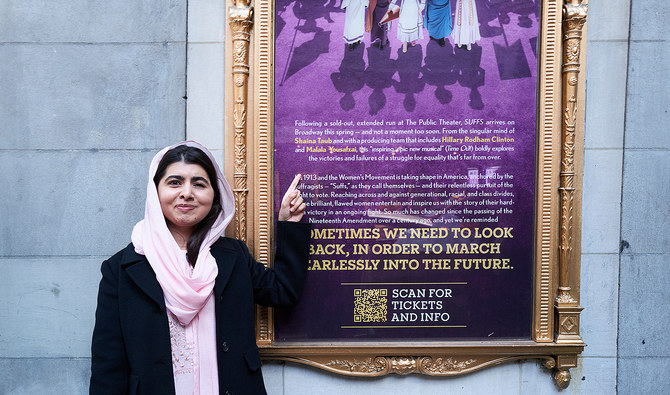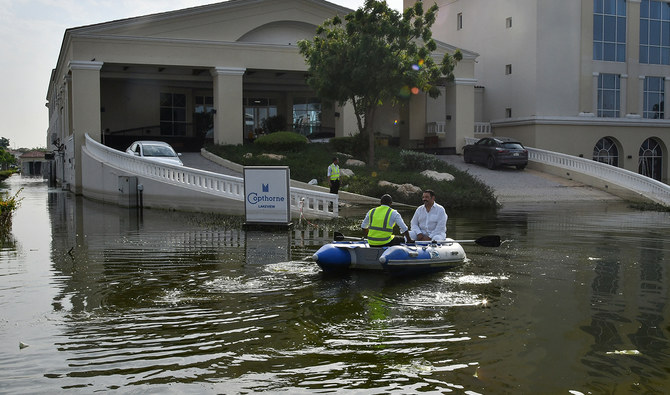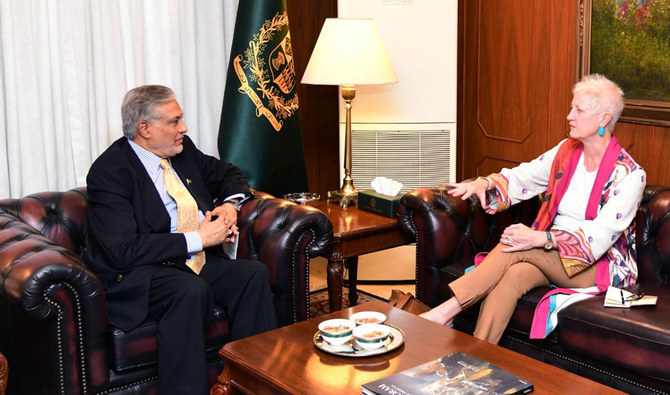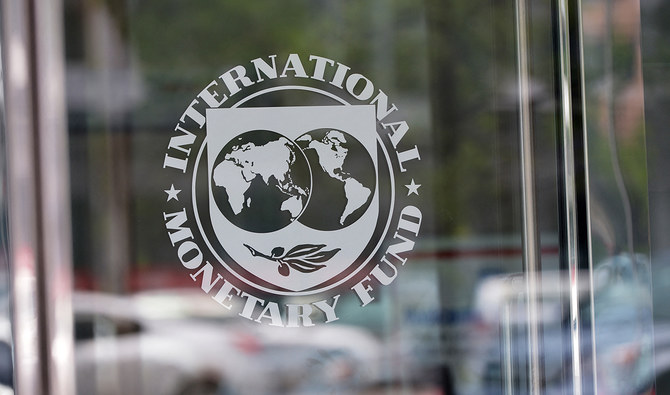The Muslim-majority Himalayan region of Kashmir has been at the heart of more than 70 years of animosity since the partition of the British colony of India into the separate countries of Muslim Pakistan and majority Hindu India.
Here are some facts about the region:
KASHMIR DIVIDED
India rules the populous Kashmir Valley and the Hindu-dominated region around Jammu city, Pakistan administered a wedge of territory in the west, and China holds a thinly populated high-altitude area in the north.
DISPUTE
India and Pakistan have been fighting over Kashmir since 1947 when they gained independence from Britain. At the time of the partition, Kashmir was expected to become part of Pakistan, like other Muslim-majority regions.
However, its Hindu ruler wanted to stay independent and following an invasion by Muslim tribesmen from Pakistan, he hastily acceded to India in return for help against the invaders, sparking a war.
WARS
Since the war sparked by the partition, India and Pakistan have fought two other wars. One, in 1965, was again sparked by their dispute over Kashmir. A third, in 1971, largely over what become Bangladesh.
DIVISIONS
A UN-monitored cease-fire line agreed in 1949 and formalized into a Line of Control (LOC) in 1972 splits Kashmir into two areas — one administered by India, one by Pakistan.
Their armies face off over the LOC. In 1999, the two countries fought along the LOC in what some analysts called an undeclared war. Their forces exchanged regular gunfire until a truce in late 2003, which largely held for years. Clashes have become more frequent in recent years.
THE INSURGENCY
Many Muslims in Indian Kashmir have long resented what they see as heavy-handed New Delhi rule. In 1989, an insurgency by Islamist militants began. Some fought to join Pakistan, some called for independence for Kashmir.
India responded by pouring troops into the region. India also accused Pakistan of backing the separatists, in particular by arming and training fighters in its part of Kashmir and sending them into Indian Kashmir. Pakistan denies that, saying it only offers political support to the Kashmiri people.
INDIAN KASHMIR
New Delhi claims the whole of Jammu and Kashmir as an integral part of India because the Hindu maharaja agreed to join India in October 1947.
Until very recently, India governed its part of Kashmir as the northernmost state of Jammu and Kashmir. It had special status, enshrined in the constitution, allowing it to make its own laws. But on Aug. 5, India scrapped that status, splitting the state into the two directly administered territories, one formed by Jammu and Kashmir, and the other consisting of the Buddhist-dominated enclave of Ladakh.
PAKISTANI KASHMIR
Consists of the smaller Azad Kashmir, or Free Kashmir. Regions to the north, known as the Northern Areas, or Gilgit-Baltistan, which Pakistan administers separately, also formed part of the state before independence. Pakistan says a UN-mandated referendum should take place to settle the dispute over the region, believing the majority of Kashmiris would opt to join Pakistan.
CHINA
Controls a third section, the remote Aksai Chin plateau, historically part of Ladakh. India fought a border war over Aksai Chin with China in 1962, after China occupied a 38,000 square km (14,000 square miles) chunk of territory.
GEOGRAPHY
Parts of Kashmir are strikingly beautiful with forest-clad mountains, rivers running through lush valleys and lakes ringed by willow trees. The western Himalayan region is bounded by Pakistan to the west, Afghanistan to the northwest, China to the northeast, and India to the south.
POPULATION
Twelve and half million in India’s Jammu and Kashmir and more than 3 million in Pakistani Kashmir. About 70 percent are Muslims and the rest Hindus, Sikhs and Buddhists.
AREA
With an area of 222,236 square km (85,783 sq miles), it is almost as big as Britain. India controls 45 percent, in the south and east, Pakistan about a third in the north and west, and China the rest.
ECONOMY
About 80 percent agriculture-based. Crops include rice, maize, apples, saffron. The area is also known for handicrafts such as carpets, woodcarving, woolens, and silk. Tourism, once flourishing, has been badly hit by the conflict.





